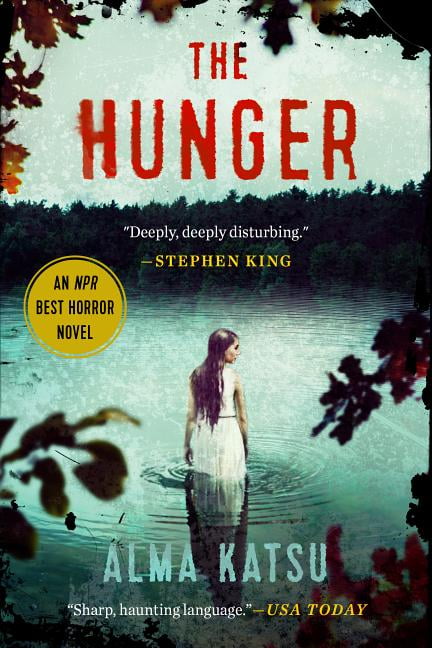
A delicious exercise in comic control, her tone is located somewhere in the triangle formed between the tangents of Sheldon Cooper’s deadpan pedantry, Patrick Bateman’s unapologetic vanity, and Hannibal Lecter’s urbane psychopathy, while remaining uniquely her own. Surely named after Mrs Parker, whose facility with a well-turned bon mot she shares (“ounce for ounce.” She observes “white truffles are almost as expensive as printer ink”), both as food critic and narrator, Dorothy turns an exacting eye on herself, and a withering one on almost everybody else. Indeed, Dorothy’s precisely-calibrated voice is one of the particular delights of this assuredly ambivalent debut novel. A serial killer by her own admission, she haughtily deplores the ‘low bar’ set by the FBI’s definition of the crime. Certainly, she outstrips his body count, with more intention aforethought than her literary predecessor. Summers’ serving of gourmet manslaughter, mixes a prose cocktail still more intoxicating with simile and metaphor, which rather raises the question as to whether she’s equally as unreliable a witness as Humbert.

The similarly alliterative Dorothy Daniels, in Chelsea G.

So began Vladimir Nabokov’s puppet, Humbert Humbert, as he set out his case to defend the indefensible in Lolita. “You can always count on a murderer for a fancy prose style.”


 0 kommentar(er)
0 kommentar(er)
